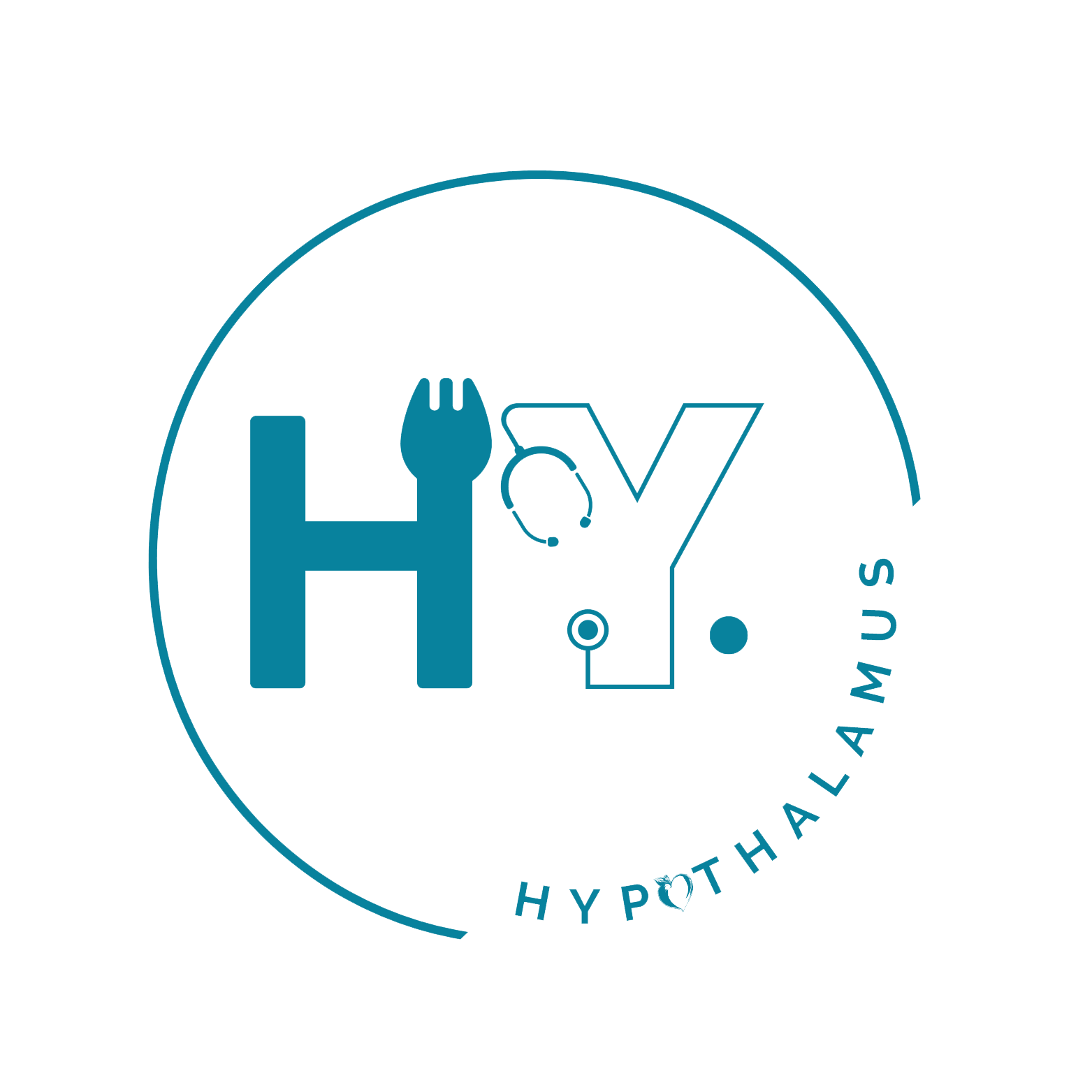Food-Drug Interactions in Cancer
Cancer treatment typically involves a wide range of medications, like chemotherapy agents and immunosuppressants, along with dietary modifications. Combining certain foods with cancer medications may impact the drugs' effectiveness and tolerance. The following are examples of potential food-drug interactions in cancer:
- Chemotherapy and Grapefruit: Grapefruit and its juice contain furanocoumarins, naturally occurring chemicals that interfere with the enzymes that usually break down chemotherapy medications. This interference can lead to an increased risk of side effects, including toxicity.
- High-Fat Foods and Immunotherapy: Foods high in fat, such as fast food and fried fare, can counteract the effects of immunotherapy drugs that fight cancer. These types of foods can compromise the immune system and hinder the treatment's effectiveness.
- Vitamin K and Warfarin: Warfarin is a commonly prescribed blood thinner that prevents blood clots in people with cancer. Foods high in vitamin K, like kale and spinach, can increase clotting factors, thereby reducing warfarin's intended activity.
- Antioxidants and Radiation Therapy: The use of antioxidant-rich dietary supplements during radiation therapy may reduce the therapy's effectiveness since radiation therapy works by generating oxidative stress, which triggers cancer cell death. Antioxidants, on the other hand, can neutralize these oxidative stressinduced reactions, making radiation therapy less effective.
It's important to discuss any concerns you have about potential food-drug interactions with your healthcare provider and explore the recommended dietary guidelines before, during, and after cancer treatments.
